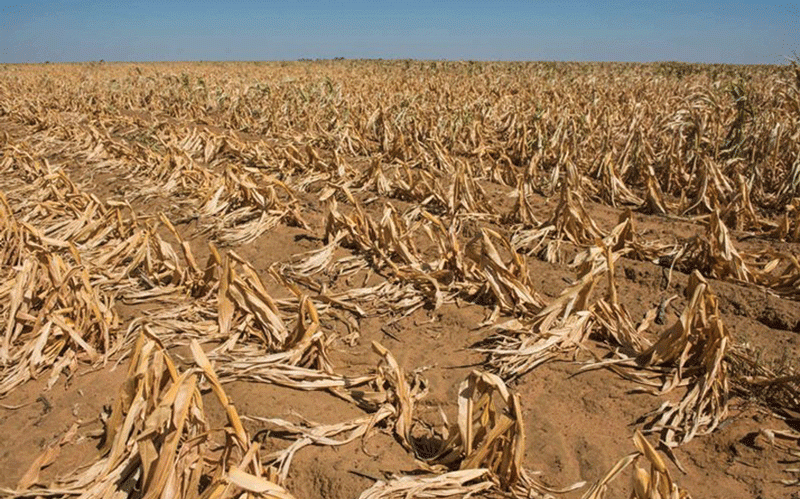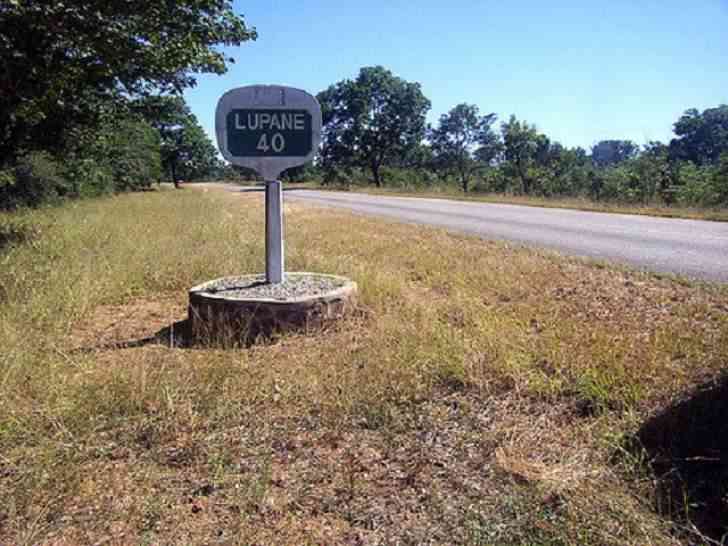
AT least 5,3 million people are suffering from acute food insecurity as Zimbabwe battles the effects of a severe drought mainly driven by the El Niño weather conditions, a World Food Programme (WFP) Food Security and Markets Monitoring Report July 2024 report has shown.
“According to WFP’s HungerMap LIVE monitoring platform, which collects data from rural and urban households through mobile phone surveys on several indicators including food consumption patterns, coping strategies, sources of income and expenditures, the number of people facing insufficient food consumption is estimated at 5,3 million during the last week of July 2024,” the report stated.
It stated that the figure could be higher, with 5,9 million rural people facing hunger in addition to the 1,7 million people in urban areas.
The drought has led to poor harvests after the 2023/24 agricultural season.
The Rural Zimbabwe Livelihoods Assessment Committee (ZimLAC) report for the period (July to September 2024) has indicated that 46% of the rural population was estimated to be food insecure.
In its recent survey in the last week of July 2024 looking at food consumption patterns, coping strategies and sources of income expenditures, WFP said the number of people resorting to crisis and above food-based coping strategies was estimated at 8,1 million during the same period.
“The same survey computes the reduced Consolidated Approach for Reporting Indicators of Food Security, which classifies individual households according to their level of food security, estimated about 52% (moderate) and 12% (severe) of the population to be food insecure in July 2024, with Mashonaland Central province reporting the highest at 60% prevalence.
“The situation is severe across all provinces, with all provinces projected to have above 50% food security at the peak of the hunger period,” the survey said.
- Govt to distribute grain as hunger stalks millions
- Zim’s urbanites facing high prices
- 3,8m villagers face hunger
- Food crisis looms in Sadc
Keep Reading
The organisation further said the food insecurity issue has led to the deterioration of businesses in some of the monitored wards across the country’s provinces.
“Traders in these areas have reported a reduction in business, largely driven by income sources available to community members.
“The monitoring further revealed that livelihood options are severely constrained, with activities such as gardening and brick-laying severely impacted by lack of water.
“As a result, businesses supporting these experienced more than 50% decline in operations compared to previous years,” the WFP said.
President Emmerson Mnangagwa in May declared the drought a national disaster, thereby extending a US$3 billion begging bowl for humanitarian assistance.










